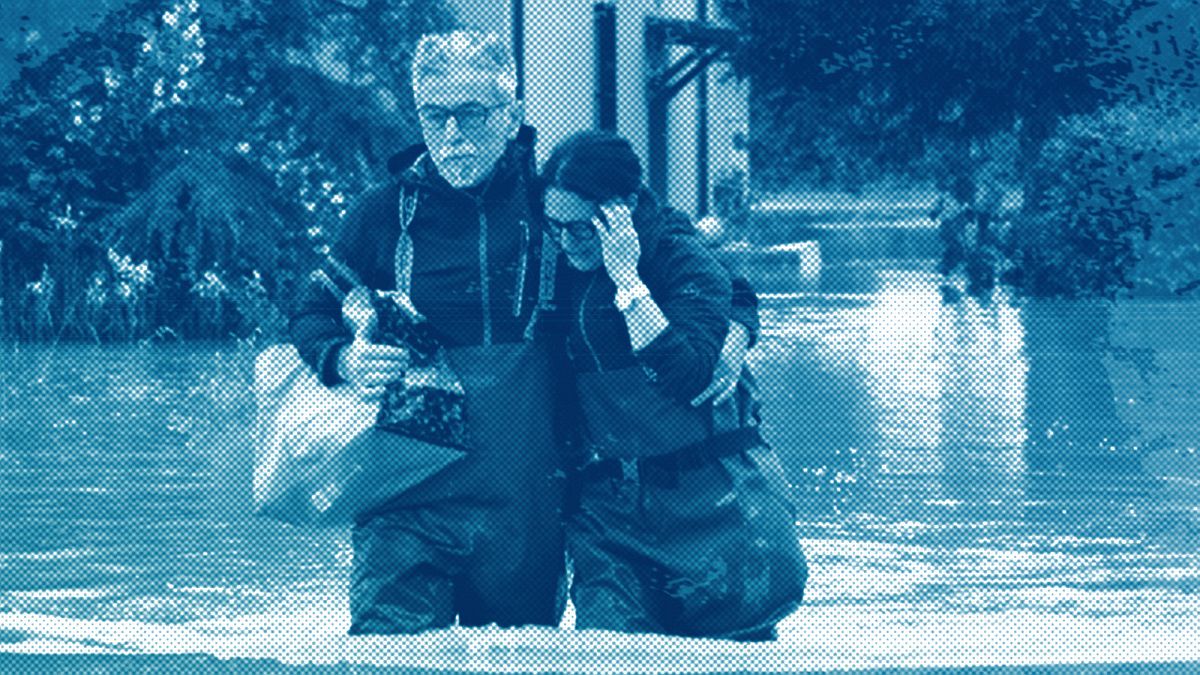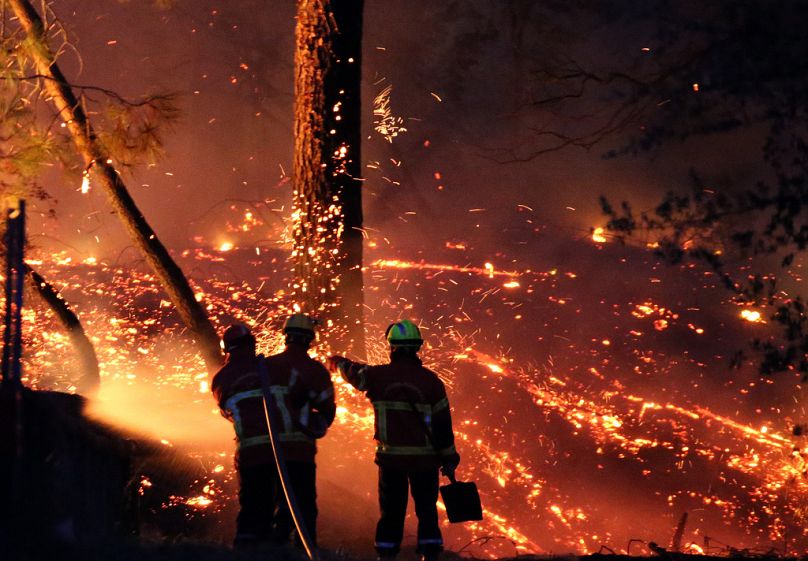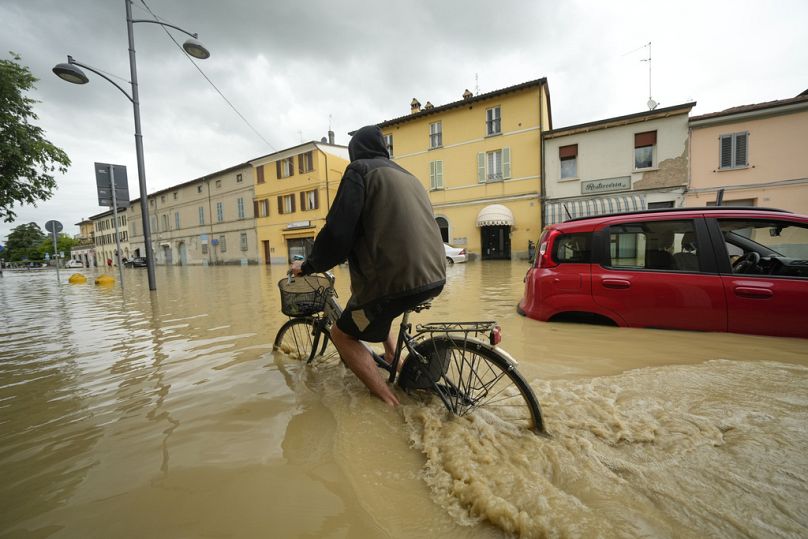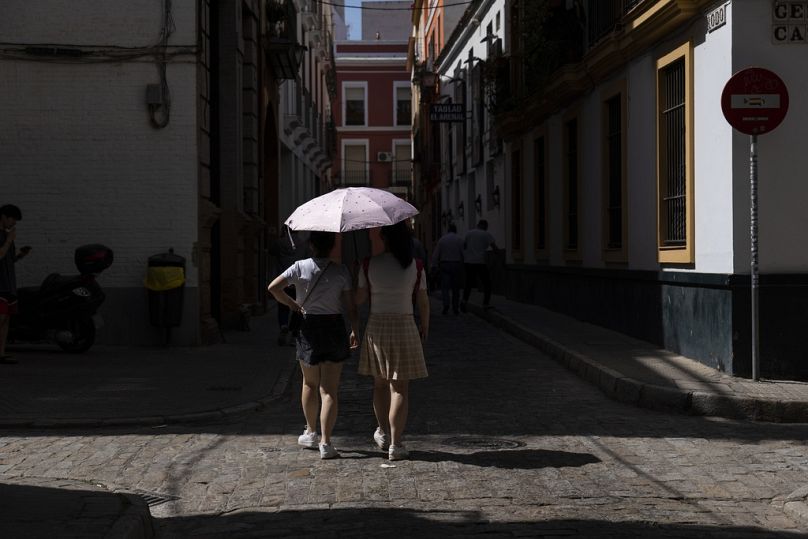Climate change will endanger financial security, our personal health, and the planet we love living on. Real solutions will only come from governments that require equal participation and collaboration between all, Prof Gary Yohe writes.
A recent study by a group of scientists and economists reveals that climate change is more than an environmental problem. It’s an economic crisis too.
The Illinois professors claim that decreasing pollution by 90% and suppressing global warming to 1.5C by 2100 will avoid slow economic growth.
The dropping cost of solar panels, lithium-ion batteries, and turbines supports the notion that adopting this bold transition wouldn’t overburden federal and private budgets either.
If financial and environmental ministries were unified towards ending climate change, the planet’s health and wealth would drastically multiply with the guarantee that’s protected for centuries.
Failed commitments to effective climate change policies will greatly harm humanity and require enormous changes and social-economic systems.
This is no surprise. Society is accustomed to the "we should be doing more" narrative of climate change, and although I believe doing so would significantly help the Earth, I can understand why some don't connect with that idea.
Perspective matters
Most people live in cities and can’t envision how losing the world’s largest rainforest actually affects them.
One example of how climate change can severely impact our lives is through food. Rising CO2 levels cause increased fungal diseases in wheat, which can jeopardise our food sources and the production sectors that gain profit from it.
This crisis might further cause the destruction of a domestic market because who will make money if no one has access to clean food?
Although climate change isn’t entirely responsible for decades of violent conflict within places like Syria, food insecurity can definitely influence these crises.
The Foreign Policy Research Institute has mirrored this argument when speaking about Africa's struggle to stay economically valuable.
The continent’s fluctuating rainfall disrupts agricultural yields and keeps populations perpetually malnourished.
These problems are concerning for the "tree huggers" that have always cared about the environment and human suffering, but why should Europeans, Americans, or any other person living in a developed country really care? And what would it look like if those in power did?
We should find the right incentives
Climate policy can be designed to promote a lower carbon economy by giving companies financial incentives for complying.
In this scenario, utilising green practices would become important to shareholders, and businesses would seek those rewards. The benefits are being added frequently — PwC already has a tracker for green tax incentives in 88 countries.
Once common practice, the billions of dollars and euros spent annually because of climate change would plummet.
Think of all the disasters that would no longer dent federal spending: rebuilding Puerto Rico’s power grid in 2017 after Hurricane Maria was one example that cost around $17 billion (€15.7bn).
Despite the clear toll on the environment and federal spending, people in power have perhaps the most significant role in what happens to our world.
This is why the dialogue around this issue needs to change. The information presented at COP meetings and within government walls should highlight why transitioning will bring a net profit to everyone’s bottom line.
Who is liable for climate change?
Progress is being made in governmental bodies as well, but it will take a long time to come to fruition.
Last month, the International Court of Justice responded to the United Nations General Assembly’s advisory opinion request surrounding climate change liability.
In simple terms, this means that the UNGA is asking the ICJ to determine whether current laws are sufficient and who should pay for damages.
No new policies will be constructed at this stage because the ICJ can only advise how they can be improved.
Instead of relying on lengthy judicial processes to bring effective climate policies, we should expand current government protocols to include climate risks as they were to preserve financial stability for businesses and individuals.
Financial and environmental bureaus often operate like fans of rivalling sports teams when really, they’re both on the same side.
Those with the markets in mind want growth and healthy margins, while nature lovers want a world their kids can survive in. The priorities both hinge on well-being, whether that’s material or spiritual.
We must fight for the planet we love living on
The truth is, climate-driven conflict is simply not an African problem. Hotspots have erupted around the world, and peace-threatening risks will only increase in intensity and frequency as the environment worsens.
Climate change will endanger financial security, our personal health, and the planet we love living on.
Real solutions will only come from governments that require equal participation and collaboration between all.
This united effort would bring prosperity and safety and have a lasting impact on the world.
Cross-boundary conflicts and the humanitarian crises that have resulted because of them would be properly addressed, and peace would become an international standard that’s actually met.
Our strength is in numbers, and we must fight for a planet that will accommodate us for many decades to come while simultaneously uplifting the success of our financial ventures.
In the long run, either we all win or we all lose. There is no compromise.
Gary Yohe is the Huffington Foundation Professor of Economics and Environmental Studies, Emeritus at Wesleyan University and convening lead author for multiple chapters and the Synthesis Report for the IPCC from 1990 through 2014. He also served as the vice-chair of the Third US National Climate Assessment.
At Euronews, we believe all views matter. Contact us at view@euronews.com to send pitches or submissions and be part of the conversation.




